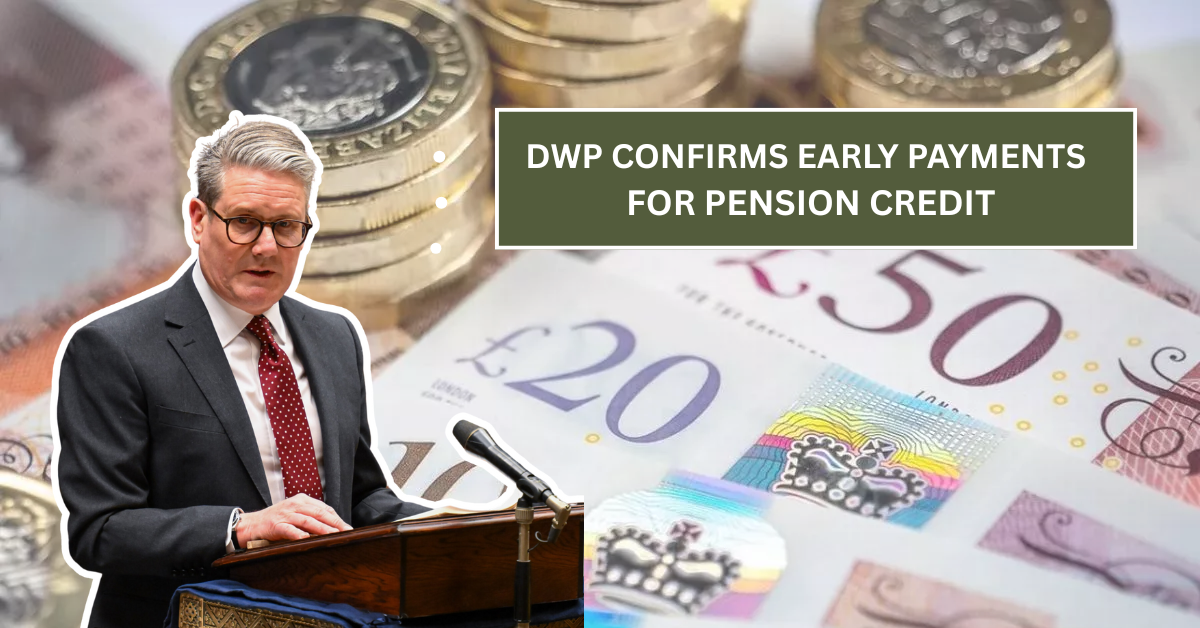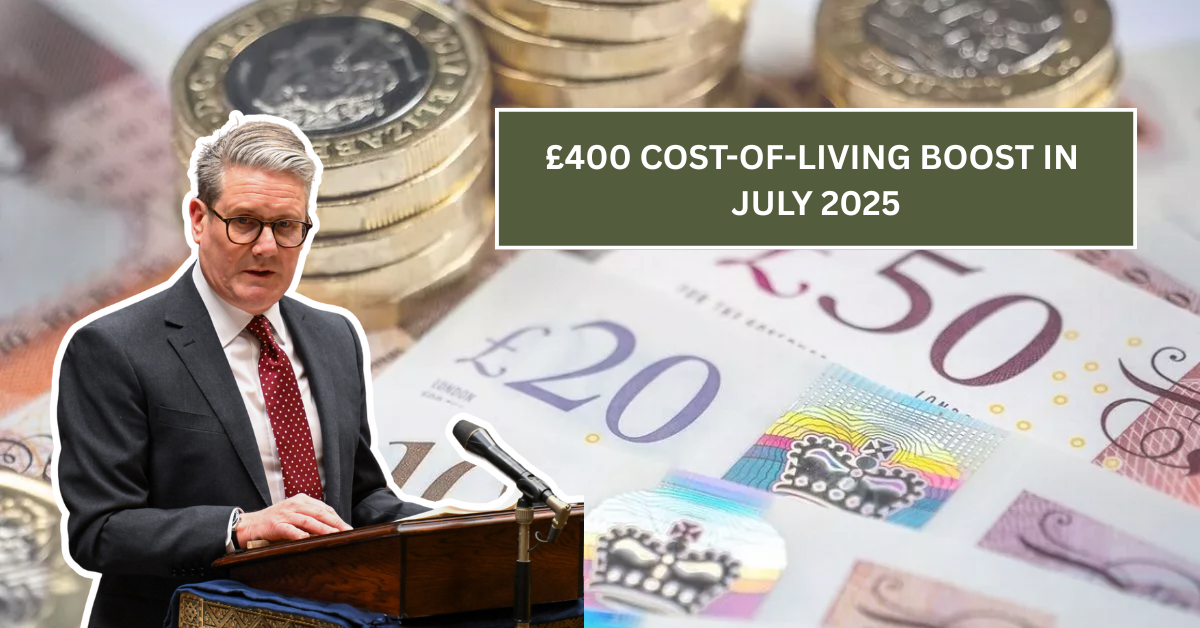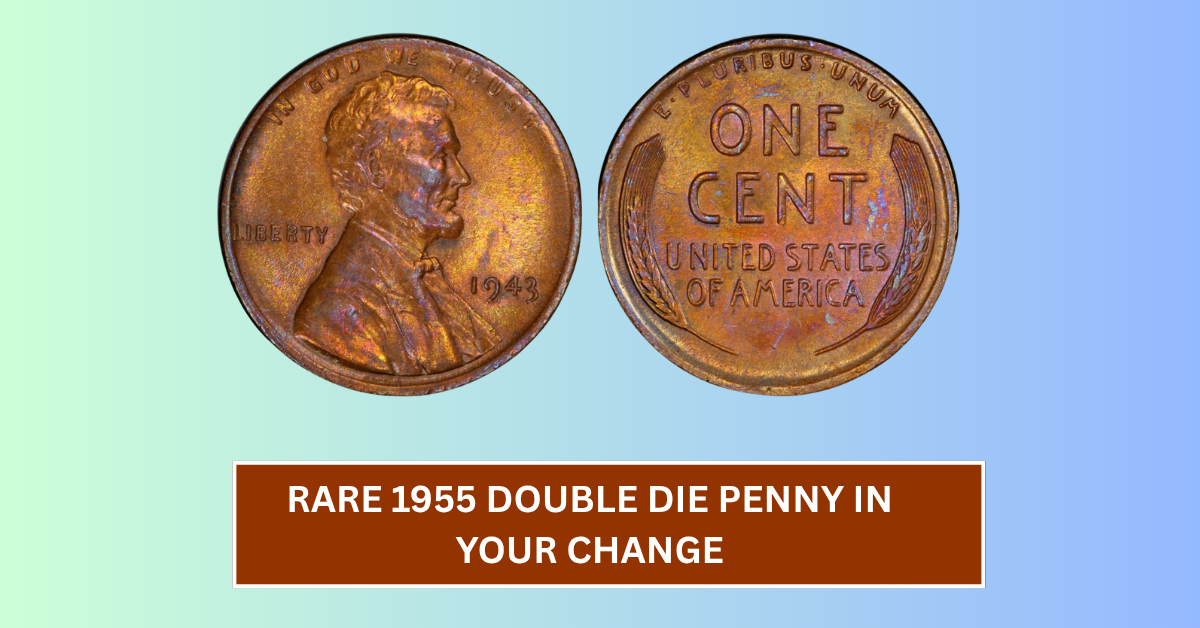Many people in the UK are struggling with rising costs of living. But here’s some good news—if you work under 16 hours a week, you might be eligible for extra help from the government. The Department for Work and Pensions (DWP) is offering payment boosts to certain people who meet specific conditions.
This could be a huge help, especially for part-time workers, carers, or those who have health issues. Let’s break down what this means and who can benefit.
What Is the DWP and What Do They Offer?
The DWP is the UK government department that handles welfare, pensions, and child maintenance. It gives out different kinds of benefits to support people who are:
- Unemployed
- Working low hours
- Caring for others
- Living with health conditions or disabilities
One of the payments offered is Universal Credit, which helps people on low income. If you’re working but earning below a certain amount, you might still qualify.
Why Less Than 16 Hours a Week Matters
In the UK benefits system, working less than 16 hours a week can mean you’re treated as a part-time worker. This opens the door to several benefits, including:
- Universal Credit
- New Style Jobseeker’s Allowance (JSA)
- Employment and Support Allowance (ESA)
- Carer’s Allowance
So, if you’re only working 5, 10, or even 15 hours a week, you may still get support, especially if your income is below the limit set by DWP.
How Much Can You Get?
The exact amount depends on your personal situation. Universal Credit takes into account:
- How many hours you work
- How much you earn
- Whether you have children
- If you pay rent
- Whether you or your partner has a disability
But even if you’re earning a small income through part-time work, Universal Credit doesn’t stop completely—it simply reduces slightly as you earn more. This means you can still get a payment boost even if you’re not completely out of work.
Who Might Qualify?
Here are some examples of people who might qualify for extra DWP help while working under 16 hours a week:
- Single parents who are working part-time while raising kids
- Students or apprentices doing low-hour jobs
- People with health conditions who can only manage short shifts
- Older workers easing into retirement
- People doing zero-hour contracts with irregular work schedules
What You Need to Apply
To apply for Universal Credit or other DWP benefits, you’ll usually need:
- Proof of identity
- Bank account details
- Information about your job and income
- Details about your living situation (like rent or mortgage)
You can apply online on the GOV.UK website, or visit a local Jobcentre Plus if you need help.
Additional Support You Might Get
Along with Universal Credit, you might also qualify for:
- Housing Benefit (if you pay rent and live in supported or temporary housing)
- Council Tax Reduction
- Free school meals for your children
- Budgeting advances to help with emergency costs
- Cold Weather Payments or other winter-related help
These extra supports are meant to make life a bit easier if you’re earning a low income.
Why It’s Important to Check Now
The cost of essentials—like groceries, bills, and rent—has gone up in the past year. So, if you’re working under 16 hours and struggling financially, don’t assume you won’t get help.
Many people miss out on benefits simply because they didn’t know they were eligible.
It takes just a few minutes to check your eligibility online using a free benefits calculator on trusted sites like:
- Turn2us
- Entitledto
- GOV.UK
Final Thoughts
Even if you’re working, you can still get help from the DWP. If you’re putting in less than 16 hours a week and your income is low, you may be eligible for a financial boost through Universal Credit and other benefits.

















Leave a Reply